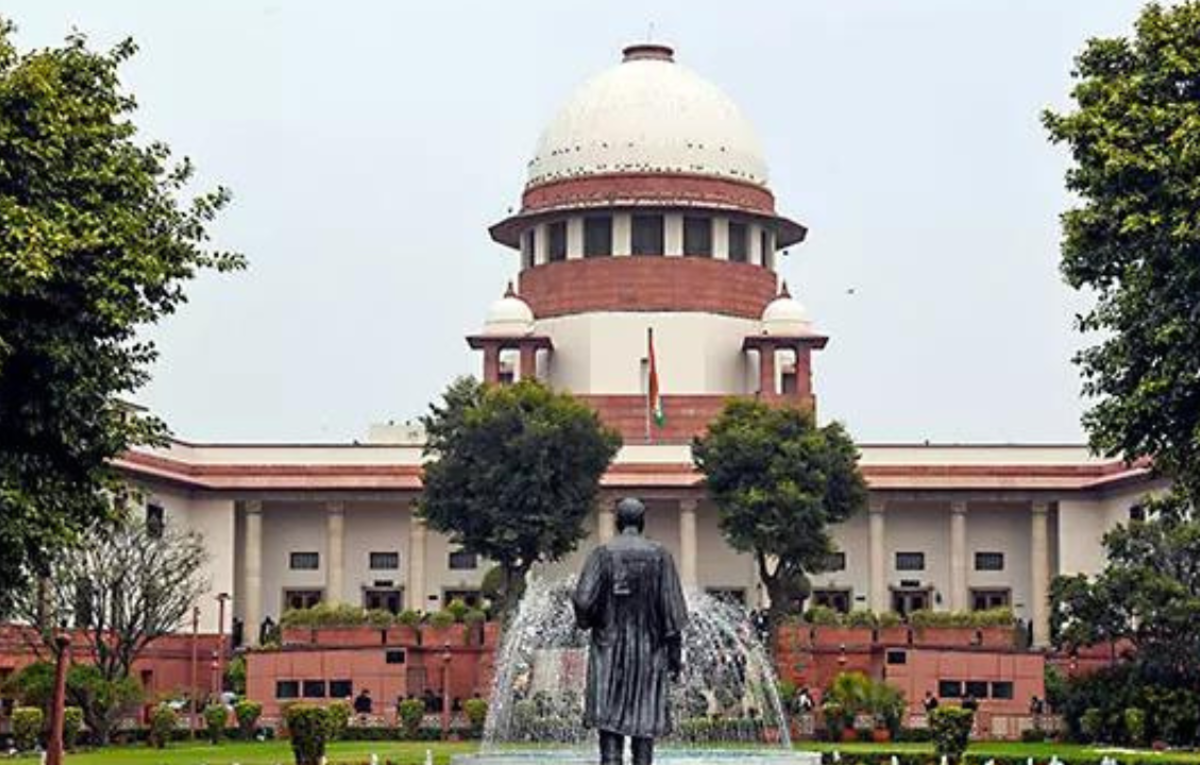Supreme Court Directs Prompt Disposal of Mercy Petitions
Recently, the Supreme Court of India mandated the establishment of dedicated cells to expedite the processing of mercy petitions from death row convicts. This directive arose from concerns regarding the inordinate delays in executing death sentences, which the court deemed dehumanising. The ruling followed the commutation of two convicts’ death sentences in a high-profile case, denoting the need for timely justice.
Background
Mercy petitions are requests submitted by convicts seeking clemency from the death penalty. They can be directed to the President of India or the Governor of a state. The processing of these petitions involves multiple layers of bureaucracy, which can lead to delays.
Supreme Court’s Ruling
The Supreme Court, while upholding the Bombay High Court’s decision to commute the death sentences of two convicts in the 2007 Pune gang-rape case, emphasised the need for a systematic approach to handle mercy petitions. The court noted that delays in processing these petitions can lead to psychological distress for the convicts.
Establishment of Dedicated Cells
Following the Supreme Court’s directive, state governments were instructed to create dedicated cells within their home or prison departments. These cells are tasked with the prompt processing of mercy petitions. An officer-in-charge will be appointed to oversee communications and facilitate the necessary information gathering.
Operational Procedures
Once a mercy petition is received, the officer-in-charge must quickly forward it to the relevant authorities, including the police department for background checks. The dedicated cells are to ensure that all correspondence is conducted electronically, promoting efficiency.
Maharashtra’s Response
In response to the Supreme Court’s order, the Maharashtra government formed a nine-member committee to manage mercy petitions. This committee includes representatives from various departments and is expected to meet quarterly to review pending cases. The aim is to prevent delays similar to those experienced in the Pune case.
Case Study – Pune Gang-Rape Convicts
The convicts in the Pune case filed their mercy petitions in 2015. After a series of rejections, their execution was delayed for years. This case exemplifies the urgent need for reforms in how mercy petitions are handled, as delays can result in legal and emotional consequences for those on death row.
Implications of the Ruling
The Supreme Court’s ruling is likely to set a precedent for how mercy petitions are processed across India. It aims to ensure that justice is not only served but is also perceived as timely and fair. The establishment of dedicated cells is step towards improving the judicial process for death row convicts.
Month: Current Affairs - March, 2025
Category: Legal & Constitution Current Affairs








